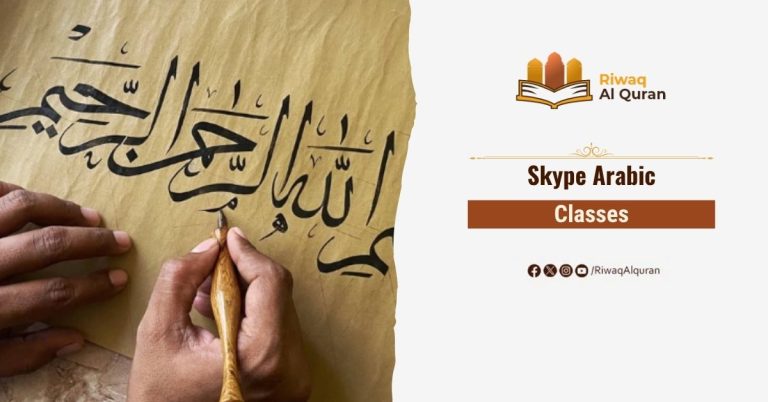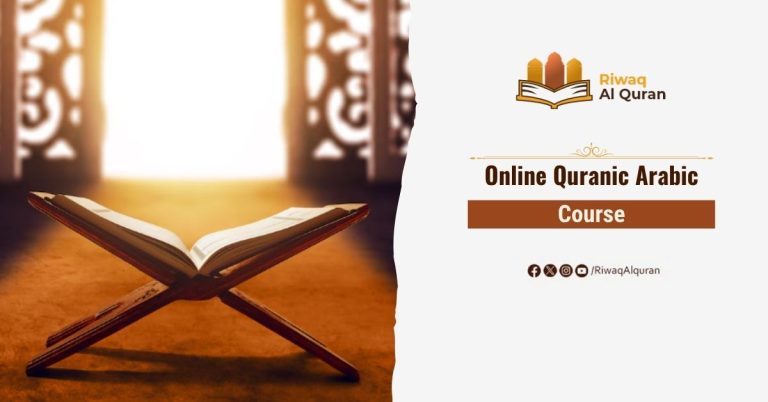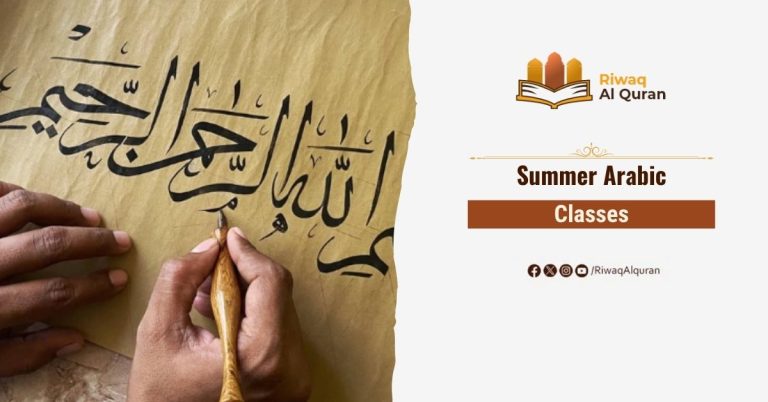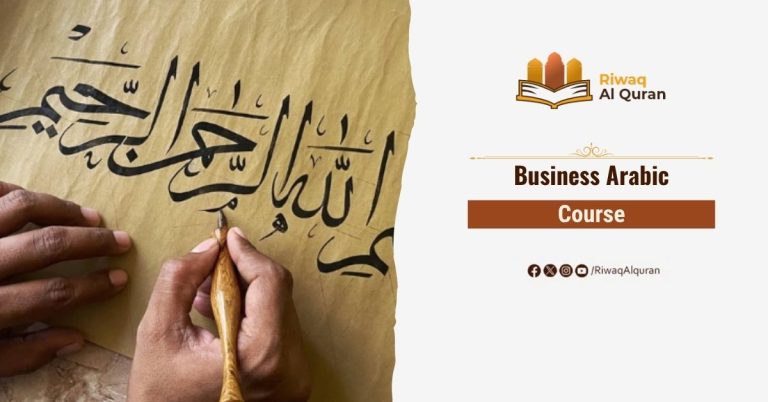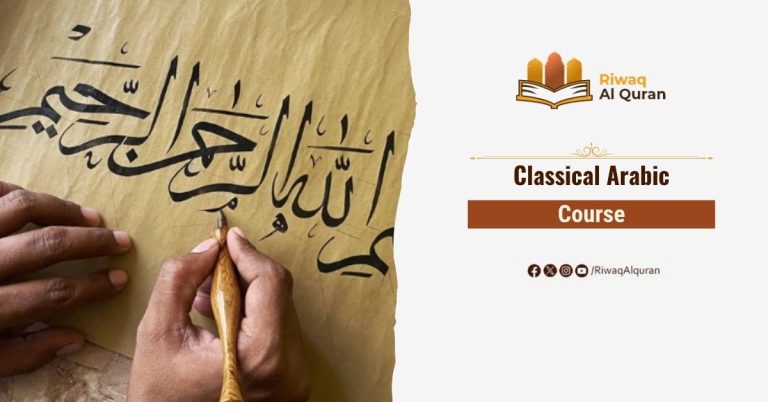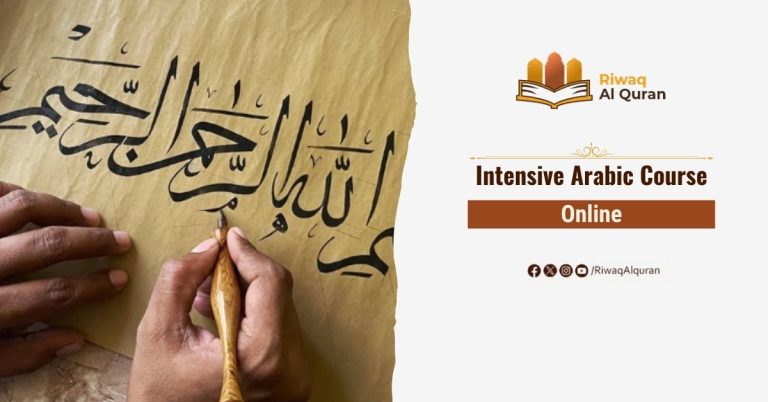To perform wudu, women begin with the intention and saying “Bismillah.” Wash your hands, rinse your mouth and nose, and wash your face and arms thoroughly. Wipe your head and ears, then wash your feet, ensuring water reaches every part. Remember to remove any barriers like waterproof makeup.
This process not only purifies but also enhances your spiritual and physical beauty, reflecting your devotion. For detailed steps and additional insights, explore more on wudu for women.
Wudu not only purifies but also enhances your spiritual and physical beauty, reflecting your devotion. For detailed steps and additional insights on its importance and unique considerations for women, keep reading to explore more.
Table of Contents
How to Perform Wudu for Females?
Wudu steps for women are the same for both males and females. The steps are universal in Islam and based on the guidance of the Quran and the Sunnah. But, there are certain considerations specific to women. These include matters related to Tahara makeup and other beauty products. Here’s a detailed explanation:
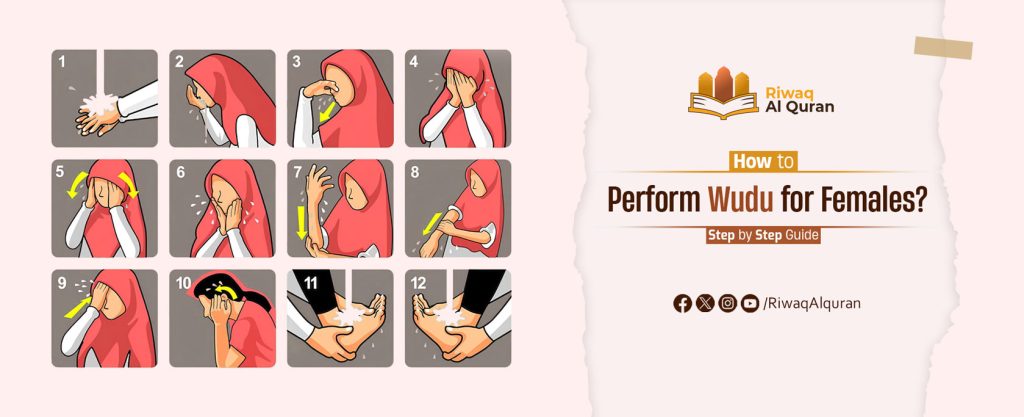
1. Intention (Niyyah):
Begin by silently intending to perform wudu for purification. Say “Bismillah” (In the name of Allah). The first step in wudu is the intention (niyyah). Intention is a silent and conscious decision in the heart to perform wudu for purification. It signifies a spiritual readiness to stand before Allah in worship.
Women should begin by saying “Bismillah” (In the name of Allah) to commence the act of wudu with mindfulness and sincerity. This step highlights the inner focus on purification and closeness to Allah, which is the essence of wudu.
2. Wash the hands:
Wash both hands up to the wrists three times, ensuring water reaches between the fingers. The second step is washing the hands. This involves thoroughly washing both hands up to the wrists three times, ensuring water reaches between the fingers. This step ensures the hands are clean before touching other parts of the body during the ablution process.
For women, special care should be taken if they have long nails or are wearing nail polish, as substances like nail polish can prevent water from reaching the nails. Such barriers must be removed before wudu to maintain its validity.
3. Rinse the mouth:
Take water into the mouth three times, swishing and spitting it out each time. The third step is rinsing the mouth. This involves taking a small amount of water into the mouth, swishing it around, and spitting it out, repeated three times. This step cleanses the mouth, preparing it for reciting the Quran during prayer.
Women wearing lipstick or lip balm should remove these products beforehand if they form a barrier preventing water from reaching the lips. This ensures thorough cleansing and proper purification.
4. Rinse the nose:
Inhale water into the nostrils three times and expel it. The fourth step is rinsing the nose. This step involves gently inhaling water into the nostrils and then expelling it, repeating the process three times.
It is essential for cleansing the nasal passages and maintaining physical and spiritual purity. Women should perform this step carefully, ensuring proper rinsing despite any initial discomfort, as it is an integral part of wudu.
5. Wash the face:
Wash the entire face three times from the hairline to the chin and from ear to ear. Make sure no makeup, creams, or any substances block water from reaching the skin.
For women, it is crucial to ensure that makeup, creams, or any other substances that might block water from reaching the skin are removed beforehand. This step emphasizes the importance of thorough cleansing to ensure the wudu is valid.
6. Wash the arms:
Wash both arms up to the elbows three times, starting from the fingertips and ensuring no area is left dry. This involves washing both arms up to the elbows three times, starting from the fingertips and moving upward.
Care must be taken to ensure that no area is left dry, including the spaces between the fingers. For women, bracelets, rings, or other accessories must be removed or adjusted to allow water to reach the skin completely. This step signifies readiness for prayer by cleansing the limbs actively involved in daily activities.
7. Wipe the head (Masah):
Wet your hands and wipe your head once, moving from the front to the back and then returning. Also, wipe your ears by inserting wet fingers into the ear canals and using your thumbs to wipe the outer portion of the ears.
For women, this step can be done without undoing braids or hairstyles, as long as the scalp is reached. This ensures practicality while maintaining the essence of purification.
8. Wash the feet:
Wash both feet up to the ankles three times, ensuring water reaches between the toes. Removing any obstacles like socks or tight-fitting shoes is important to ensure water access. Both feet must be washed up to the ankles three times, ensuring water reaches between the toes.
Women should remove socks, stockings, or any tight-fitting footwear to allow proper water access. Special care should be taken to ensure no part of the feet is left dry, as this could invalidate the wudu. This step completes the physical purification process and prepares the individual for the spiritual connection with Allah during prayer.
9. Special Considerations:
- Ensure no barriers, such as waterproof makeup, prevent water from reaching the skin.
- If performing ghusl (ritual bath), wudu is part of the process after cleaning private parts.
This process is the same for both males and females, with attention to modesty and thoroughness in following the Sunnah steps for a perfect wudu.
Read more about: Benefits of Wudu
Wudu For Female in The Quran:
The way of performing ablution has been mentioned in Quran without mentioning the recommended steps, stated in Sunnah of Prophet Muhammad (PBUH), which means if you stick to what mentioned in Quran, your wudu would be valid.
And if you follow the other steps mentioned in the Sunnah, your wudu would be perfect. You can clearly find the main steps of wudu in the following Ayah:
“O believers! When you rise up for prayer, wash your faces and your hands up to the elbows, wipe your heads, and wash your feet to the ankles. And if you are in a state of ˹full˺ impurity, then take a full bath. But if you are ill, on a journey, or have relieved yourselves, or have been intimate with your wives and cannot find water, then purify yourselves with clean earth by wiping your faces and hands.” 5:6
Do you want to learn more? You could learn from our Best Female Quran Teachers Online.
How to Do Wudu After Period?
After your menstrual period, perform Wudu by first ensuring you are physically clean. Then, wash your hands, mouth, nose, face, arms, and feet in order. Make sure all body parts are clean and free from menstrual residue before starting. To make sure you are purified and ready for prayer, search for details about the steps of Tahara.
Can I Do Wudu with Makeup On?
While performing Wudu, it’s essential to ensure that water reaches every part of the body that needs to be washed. If you have makeup on, especially on areas like the face, it might create a barrier that prevents water from making full contact with your skin. To properly perform Wudu, you may need to remove makeup or use products that are water-soluble to ensure effective purification. This is particularly important for ensuring that your face and other parts of the body are thoroughly cleansed.


Can You Do Wudu with Eyebrow Tint?
Eyebrow tint may block water from reaching your skin, so it’s important to ensure that the water can contact your skin beneath the tint. If the tint prevents proper ablution, consider removing it or using products that don’t interfere with Wudu.
How to Perform Wudu for Females at Work?
Performing Wudu at work in a non-Muslim majority country can be manageable with some preparation. Here’s a detailed guide of some fruitful tips:
1. Find a Suitable Location
Identify a clean and private space where you can perform Wudu comfortably. This could be a restroom with a sink or a designated prayer room if your workplace has one. If you’re in a shared environment, such as an office, you may also want to consider timing your Wudu during less busy hours to maintain privacy and avoid interruptions.
2. Prepare Your Area
Ensure the area you choose is clean and has access to water. If you are using a restroom, make sure it’s tidy and that you have a clean surface to stand on. Bring any necessary items such as a small towel to dry your hands if needed. If the sink is not in a convenient location, consider using a small portable water bottle to assist with the ablution process.
3. Start with Intention
Before you begin Wudu, make a clear intention (niyyah) in your heart to perform the ritual for the sake of Allah. This intention does not need to be vocalized but should be a conscious decision to purify yourself in preparation for prayer. Having the right intention helps to focus your mind and heart on the spiritual significance of the act.
4. Maintain Privacy
Be mindful of your surroundings and maintain privacy while performing Wudu. Use modest clothing and keep personal items secure. If necessary, inform colleagues discreetly if you need to use the restroom for a longer period to perform your ablution.
By following these detailed steps, you can perform Wudu effectively and maintain your ritual purity while working in a non-Muslim majority country.
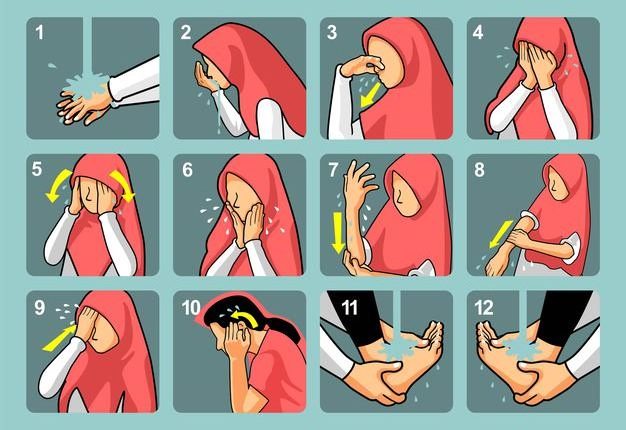
What Breaks Wudu for a Woman?
It is important to understand what actions or occurrences invalidate Wudu to ensure that one’s state of purity is maintained. Here are the main things that break Wudu for a woman:
1. Discharge from the Front or Back Passage
Wudu is invalidated by any discharge from the front or back passage, including urine, feces, passing gas, pre-ejaculatory fluid, or non-pleasurable ejaculation. This also applies to any other discharge from these areas, as these are considered impure and require renewal of Wudu.
2. Deep Sleep While Lying Down
Deep or heavy sleep while lying down breaks Wudu because it causes a loss of awareness and control over the body. The Prophet Muhammad (peace be upon him) said: “The eye is the string that binds the anus; whoever sleeps should perform Wudu” (narrated by Abu Dawood), indicating the need for Wudu after sleeping deeply.
3. Loss of Consciousness
Wudu is invalidated by any condition that causes a loss of consciousness, such as insanity, fainting, or seizures. Since these states involve a loss of control and awareness, they require a new Wudu once the person regains consciousness to ensure cleanliness for worship.
4. Touching Private Parts
If a person touches their private parts directly without a barrier, such as cloth, their Wudu is broken. This rule is based on the need to maintain personal purity and cleanliness, as touching these areas without a barrier is considered to compromise that state.
5. Discharge of Impurities
Any impure discharge, such as blood, pus, or other matter, from any part of the body other than the front or back passages, invalidates Wudu if the discharge is significant and flows beyond its point of exit. The Prophet (peace be upon him) stated: “There is no Wudu for a drop or two of blood unless it flows” (narrated by Al-Daraqutni), emphasizing the need for purification when impurities spread.
Benefits and Importance of Wudu for Women
Wudu holds significant spiritual and practical benefits for Muslim women, enriching their daily lives in various ways. Here are some key benefits of Wudu for women:
1. Spiritual Cleansing and Renewal
Wudu serves as a means of spiritual purification, preparing women to stand before Allah in prayer with a clean heart and mind. It symbolizes washing away sins and mistakes, offering a sense of renewal and inner peace. This spiritual act helps women feel closer to their faith and reminds them of their purpose and devotion to Allah.
2. Emotional Calm and Mindfulness
The ritual of Wudu involves a series of deliberate, mindful actions that can bring about a sense of calm and focus. For many women, this process can be a moment of reflection, helping them to center themselves emotionally, especially in times of stress or anxiety. The repetition of these actions fosters mindfulness and presence in worship.
3. Physical Health Benefits
Wudu promotes hygiene and cleanliness, which are vital aspects of health. Regular washing of the face, hands, mouth, nose, and feet helps remove dirt, bacteria, and other impurities, potentially reducing the risk of infections. The act of Wudu can also improve blood circulation and invigorate the body, promoting overall wellness.
4. Promotion of Consistency and Discipline
Wudu reinforces the importance of consistency and discipline in a woman’s life. It reminds her to maintain purity and cleanliness throughout the day, aligning her routine with the principles of Islam. This discipline can extend beyond religious practice to enhance productivity, time management, and other daily habits.
5. Enhanced Self-Esteem and Confidence
Performing Wudu encourages self-care and self-respect, which are essential for building self-esteem. A woman who regularly practices Wudu becomes more aware of her own body and personal hygiene, fostering a sense of self-worth and dignity. This practice can empower women, reminding them of their inherent value and the importance of self-respect.
6. Acts as a Barrier Against Negativity
Wudu is believed to protect against negative influences, including harmful thoughts or emotions. The act of washing can be seen as a shield, reinforcing spiritual protection against evil whispers or negative energies. Women can find comfort in knowing they are spiritually guarded when they perform Wudu.
7. Promotes Connection with Other Women in the Community
Women who perform Wudu before communal prayers or gatherings often experience a sense of unity and sisterhood. The shared act of purification can foster bonds with other women, reinforcing a sense of belonging to a larger community of believers. This collective practice strengthens relationships and offers social support, which is especially valuable in maintaining emotional and spiritual well-being.
8. Encourages Gratitude and Humility
Wudu serves as a reminder of the blessings of water, cleanliness, and the ability to worship. It encourages gratitude for these simple, yet profound gifts and instills humility by acknowledging one’s dependence on Allah’s mercy and provisions. This reflection cultivates a humble heart, which is a valued trait in Islam.


Learn Quran, Arabic, And Islamic Studies Online With Female Tutors:
Riwaq Al Quran is a comprehensive online platform that offers personalized Quran, Arabic and Islamic Studies Online classes for individuals of all ages and backgrounds.
Their experienced instructors use a structured curriculum to cover Tajweed, Tafsir, and Memorization, providing easy and effective access to learning the Quran.
The advanced online classes allow for seamless communication and interaction between students and teachers. Join Riwaq Al Quran for a deeper connection with the Quran.
We offer several courses such as:
- Online courses for kids.
- Online Quran classes for kids and adults.
- Online Arabic courses
- Online Ijazah courses
- Online Islamic Studies courses.
Here are a sample of our set of Quran Courses that will be helpful for you:
- Online Tafseer Course: Delve into Quranic meanings with our insightful online Tafseer course.
- Noorani Qaida Online: Learn Quranic basics efficiently through our Noorani Qaida online program.
- Online Quran Recitation Course: Enhance Quranic recitation skills through our expert-led online course.
- Online Tajweed Classes: Master Tajweed rules for beautiful Quranic recitation in online classes.
- Quran Memorization Online Course: Memorize the Quran effectively with our specialized online memorization course.
- Online Qirat Course: Explore diverse Qirat styles with our comprehensive online Qirat course.
- Online Quran Classes for Kids: Nurture a love for the Quran in kids through interactive online classes.
Conclusion
Wudu is a foundational act of worship in Islam, essential for physical and spiritual purification. For women, it not only prepares them for prayer but also provides moments of mindfulness, emotional calm, and connection with Allah. Its benefits extend beyond spirituality, promoting cleanliness, discipline, and self-awareness in daily life.
By adhering to its guidelines, including specific considerations for makeup, hygiene, and circumstances like post-menstrual purification, women can ensure their worship is valid and meaningful. Through Wudu, they strengthen their faith, maintain their routine of purity, and find empowerment in aligning their actions with the principles of Islam.





























